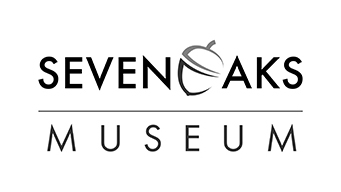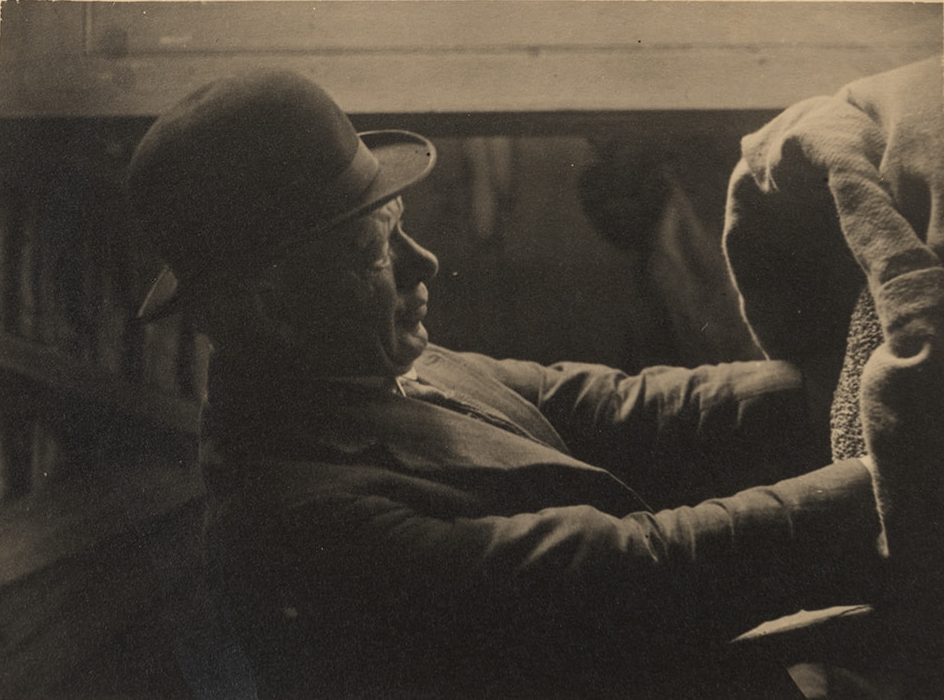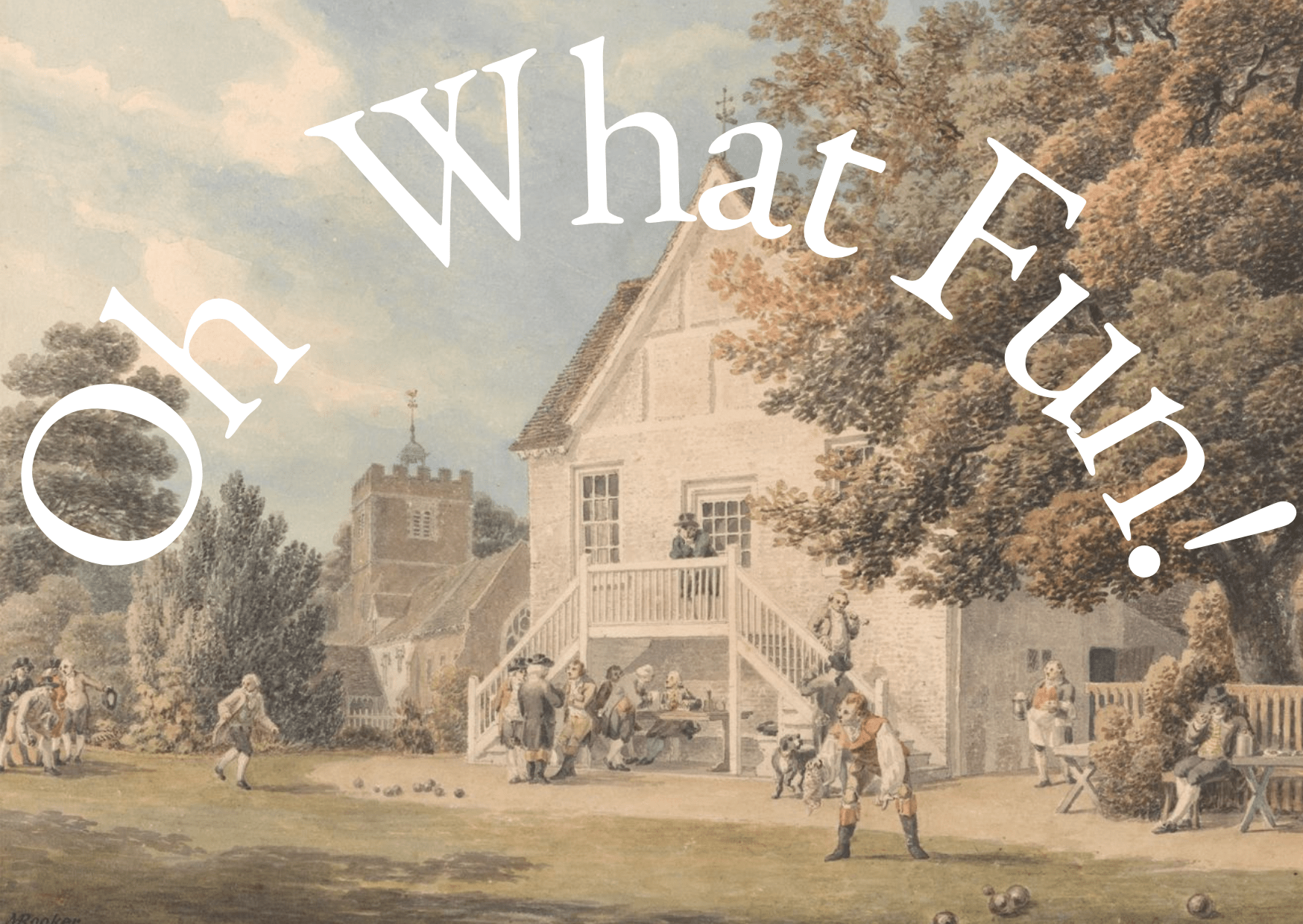Last year, the museum was given a collection of photographs taken by the late William Harold House. There are some 300 monochrome prints and glass plate negatives, predominantly portraits. The pictures display the breadth of Sevenoaks society in the early 1900s, from dusty chimney sweeps and laughing policemen to impeccable court judges and stern aristocratic women.
‘I hope they do not just live in their own borders… That they are vivid living people with personality’
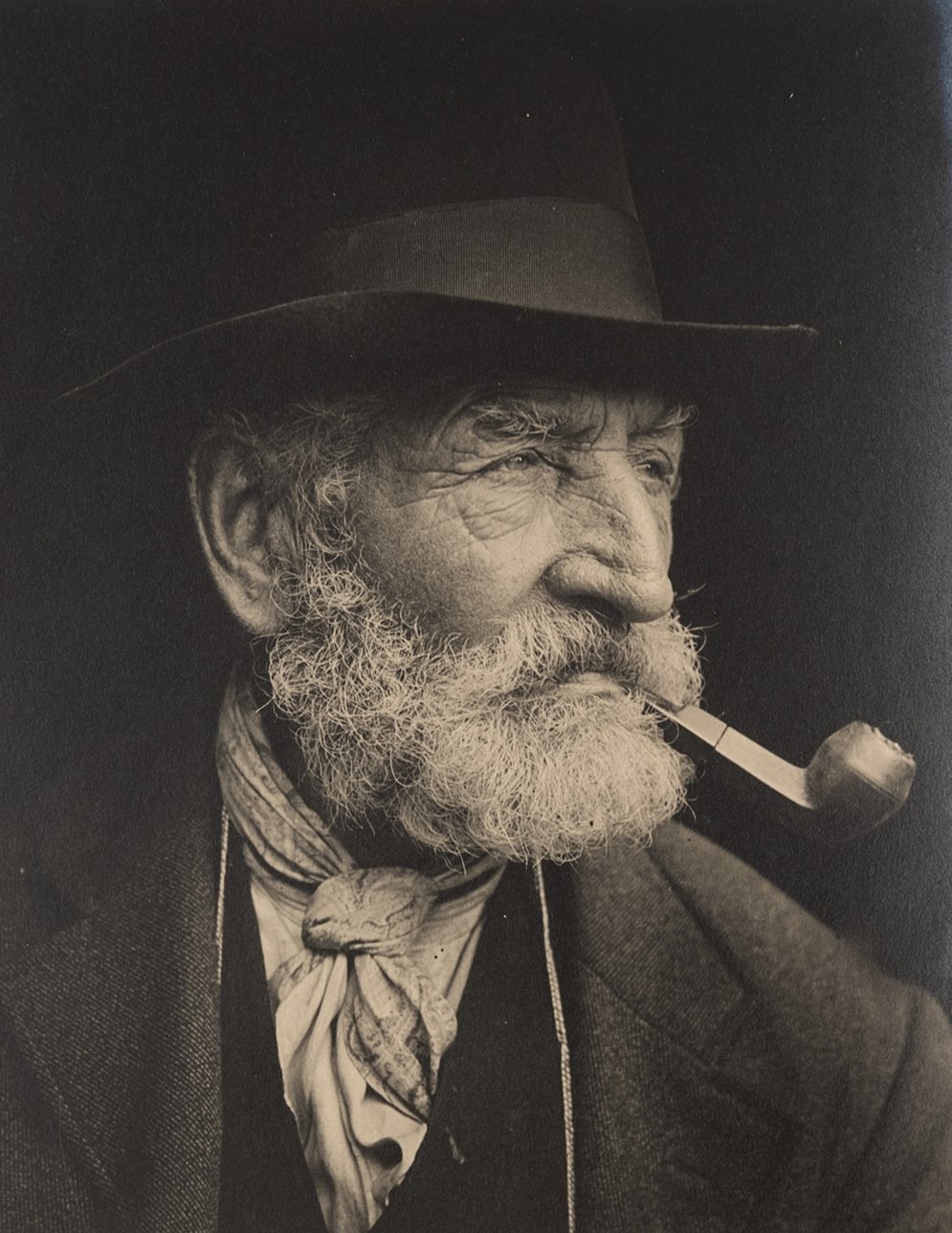
House grew up in Southampton where he began a legal career which eventually brought him to Sevenoaks. He lived in the town at first then moved to Ightham in Sevenoaks district. He was well known locally as a solicitor, active member of the Liberal Party, and keen amateur photographer. House’s community spirit is attested by archive news articles about his fundraising efforts for Sevenoaks Hospital, through the sale of his photographs. He was also one of the founders of the Sevenoaks Photographic Society in 1922, joined by Dr Gordon Ward, founder of Sevenoaks Museum.
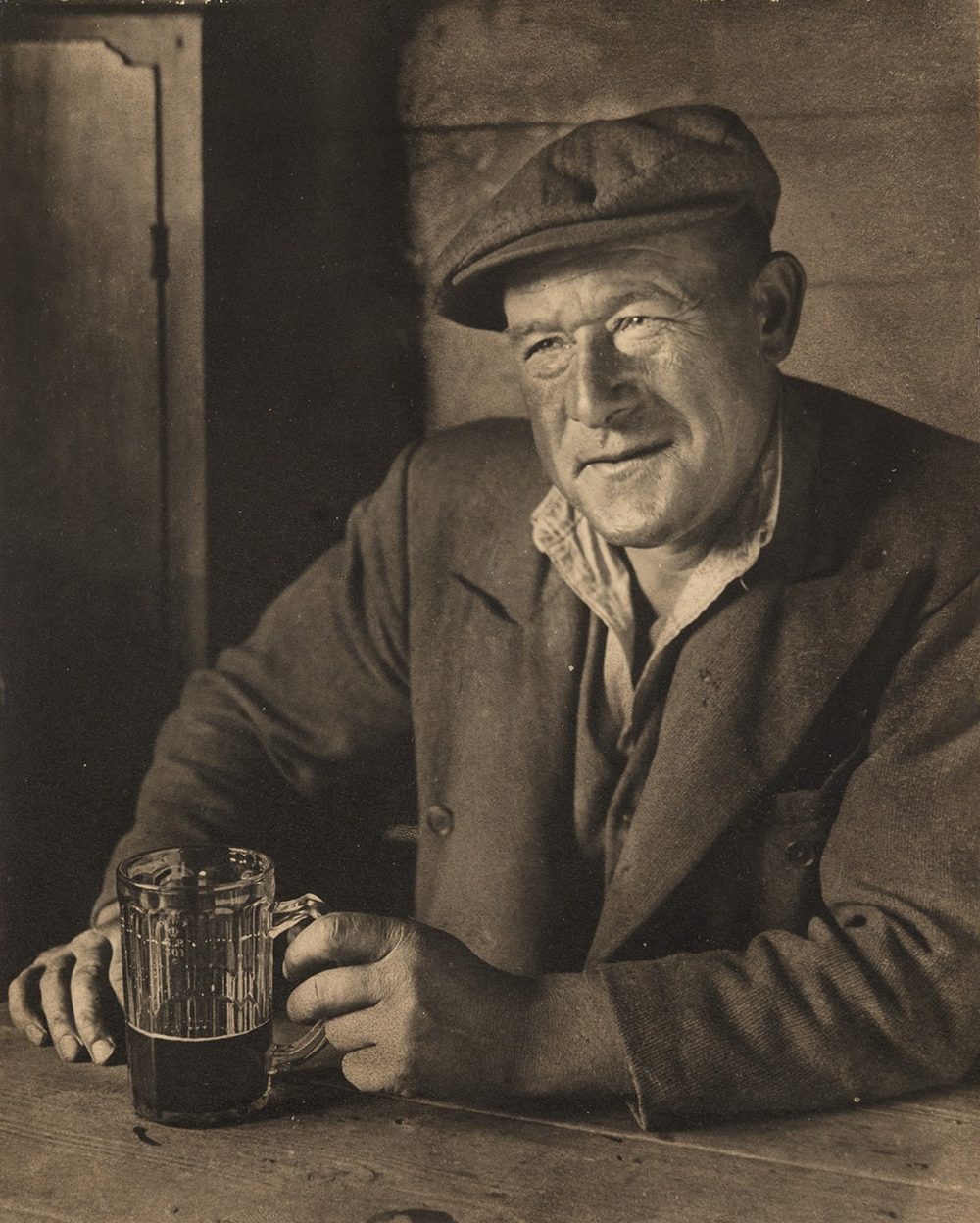
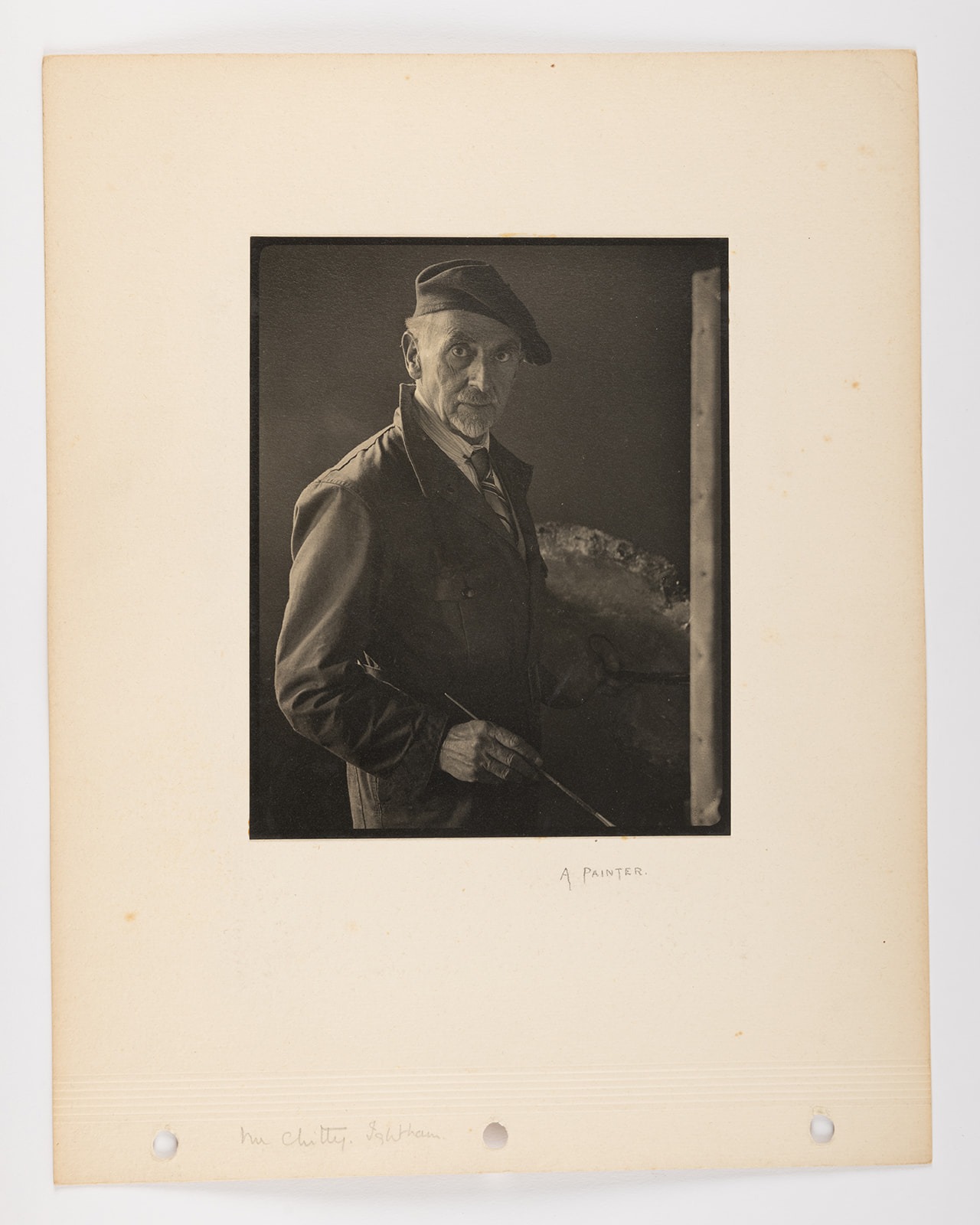
One would assume House was a confident and friendly character to have persuaded so many unsuspecting sitters, from all walks of life, into having their picture taken. Accounts from his grandchildren suggest otherwise, that he was quite intimidating. Nonetheless, this ability to ‘collect’ so many subjects for his portraiture has provided us with an incredible collective portrait of the time and place in which the photographs were taken. Though many of them serious people, his subjects have a twinkle of personality in them that transcends time. Largely half-length and head shots, unique facial attributes are captured unapologetically.
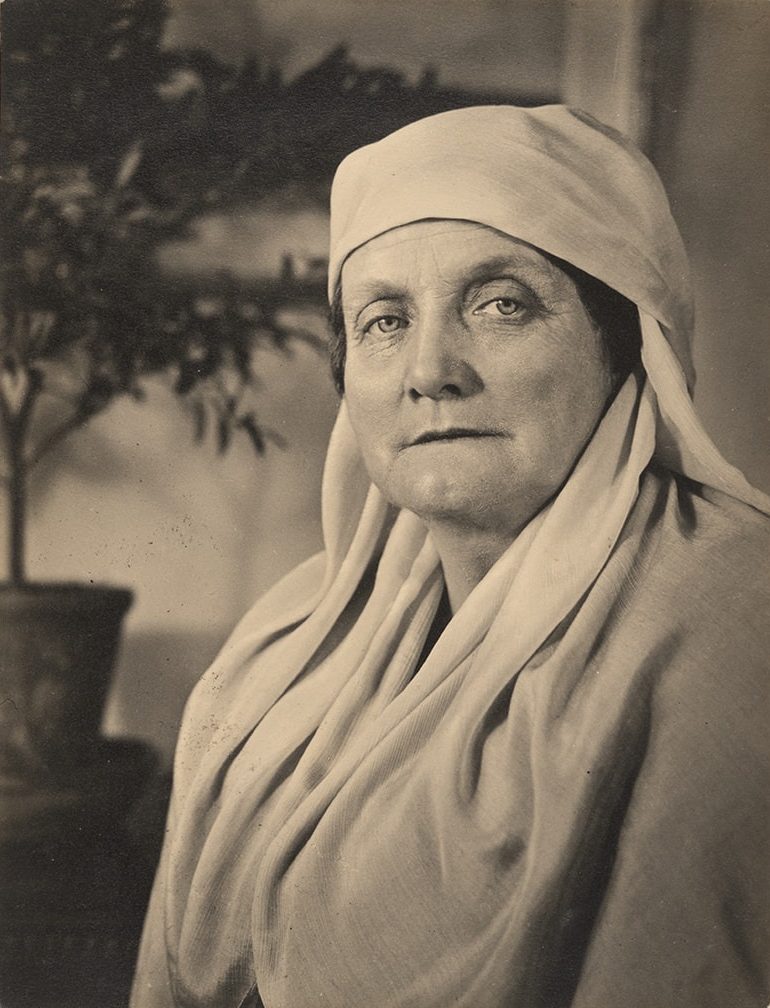
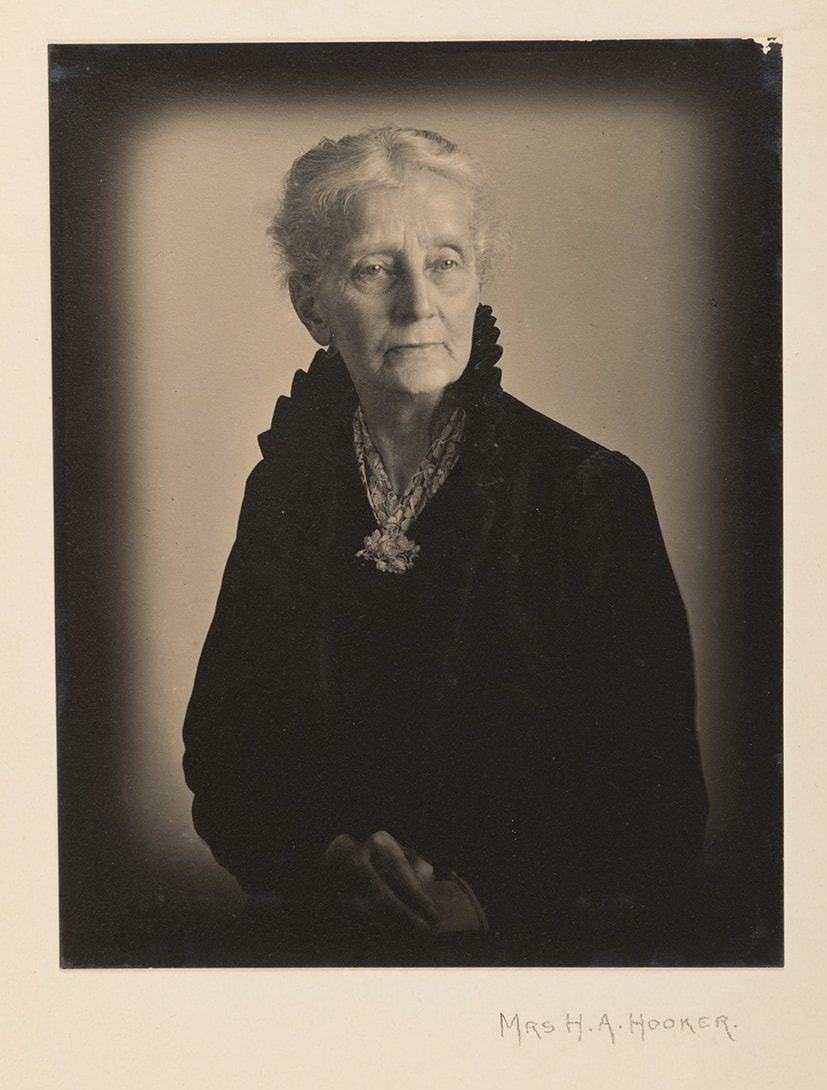
It was this particular talent for portraiture which House became widely known for in the late 1930s. He was made a fellow of both the Royal Photographic Society and the Royal Society of Arts and gave lectures in portrait photography. His work was exhibited at notable institutions including the London Salon of Photography.
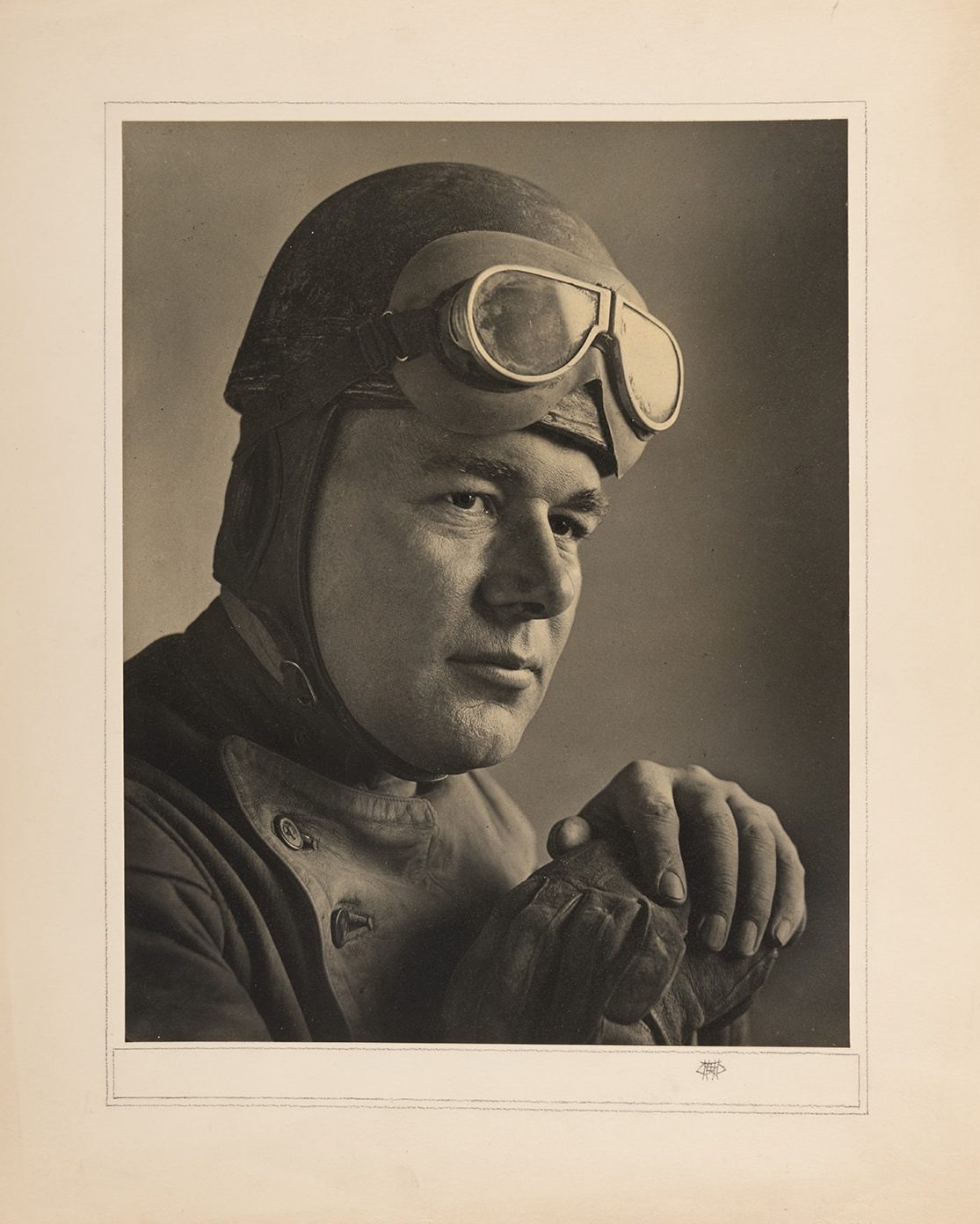
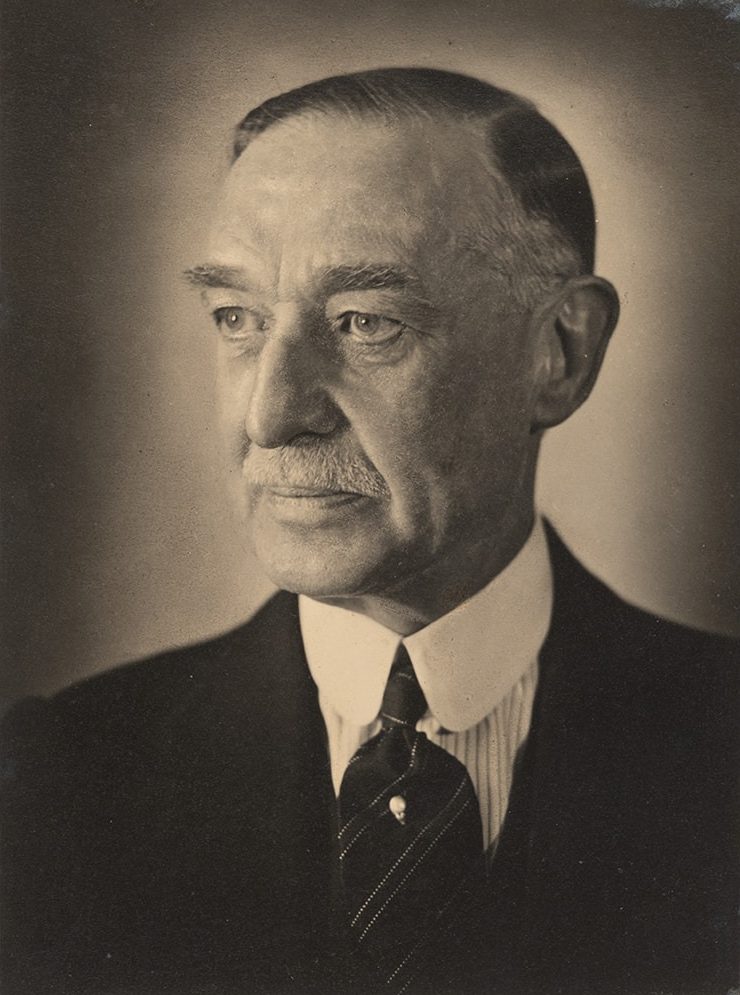
In his 1946 lecture ‘The Art of Photographic Portraiture’, House set out three necessities, beside technical ability, in the production of a work of art: Composition, Character, and Imagination/ Vision. He refers to painting but insists that photographic art ‘must justify itself on its own merits (and) make the fullest possible use of the special qualities of the process.’
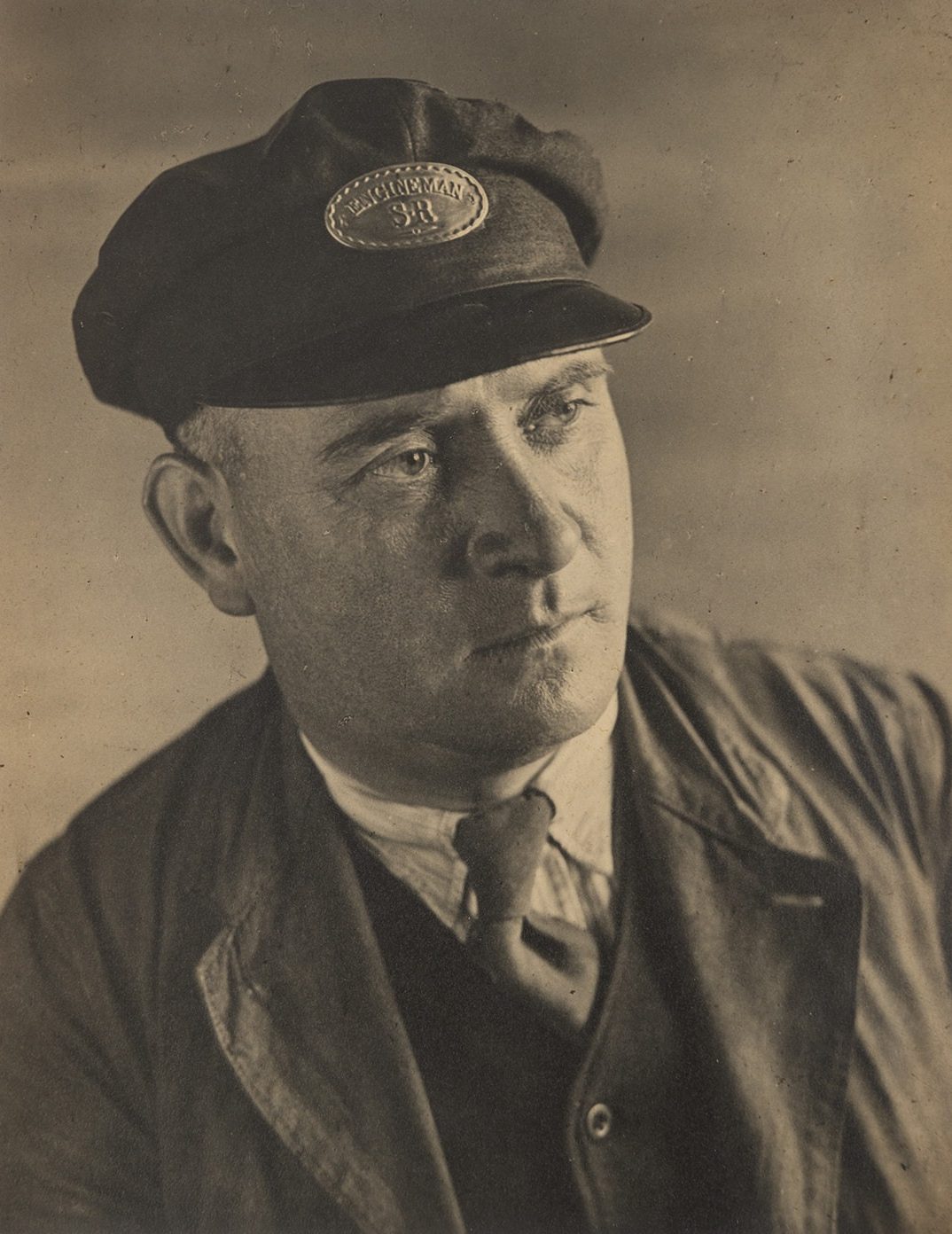
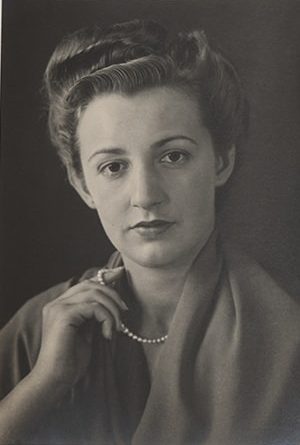
He defines a portrait as ‘an interpretation of character through the marks of experience AND environment upon inborn personality and inherited physique’, later noting that the ‘rendering of skin texture is an important quality’. At the end of the lecture he says of his portraits, ‘I hope they do not just live in their own borders… That they are vivid living people with personality’.
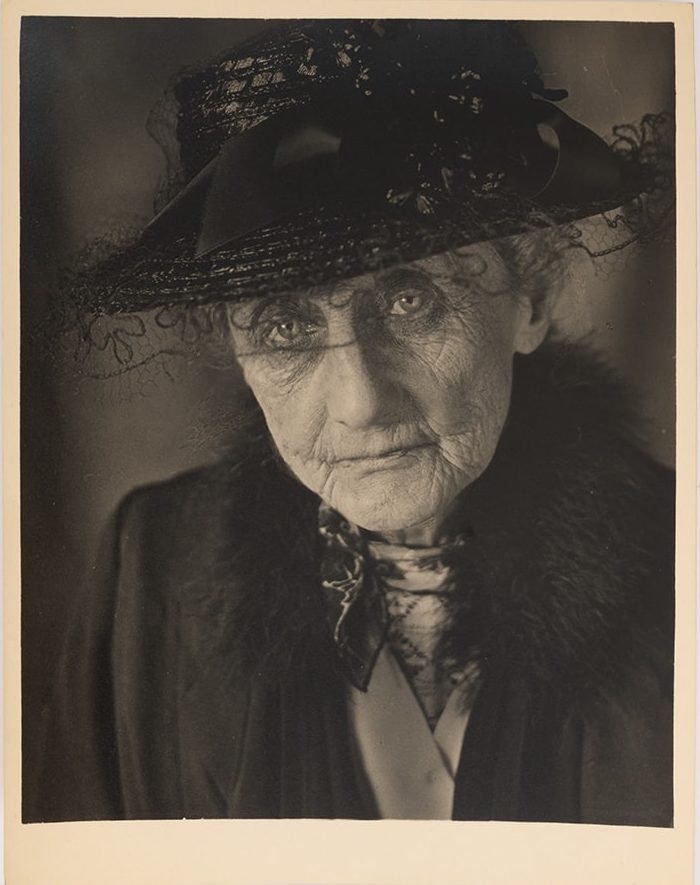
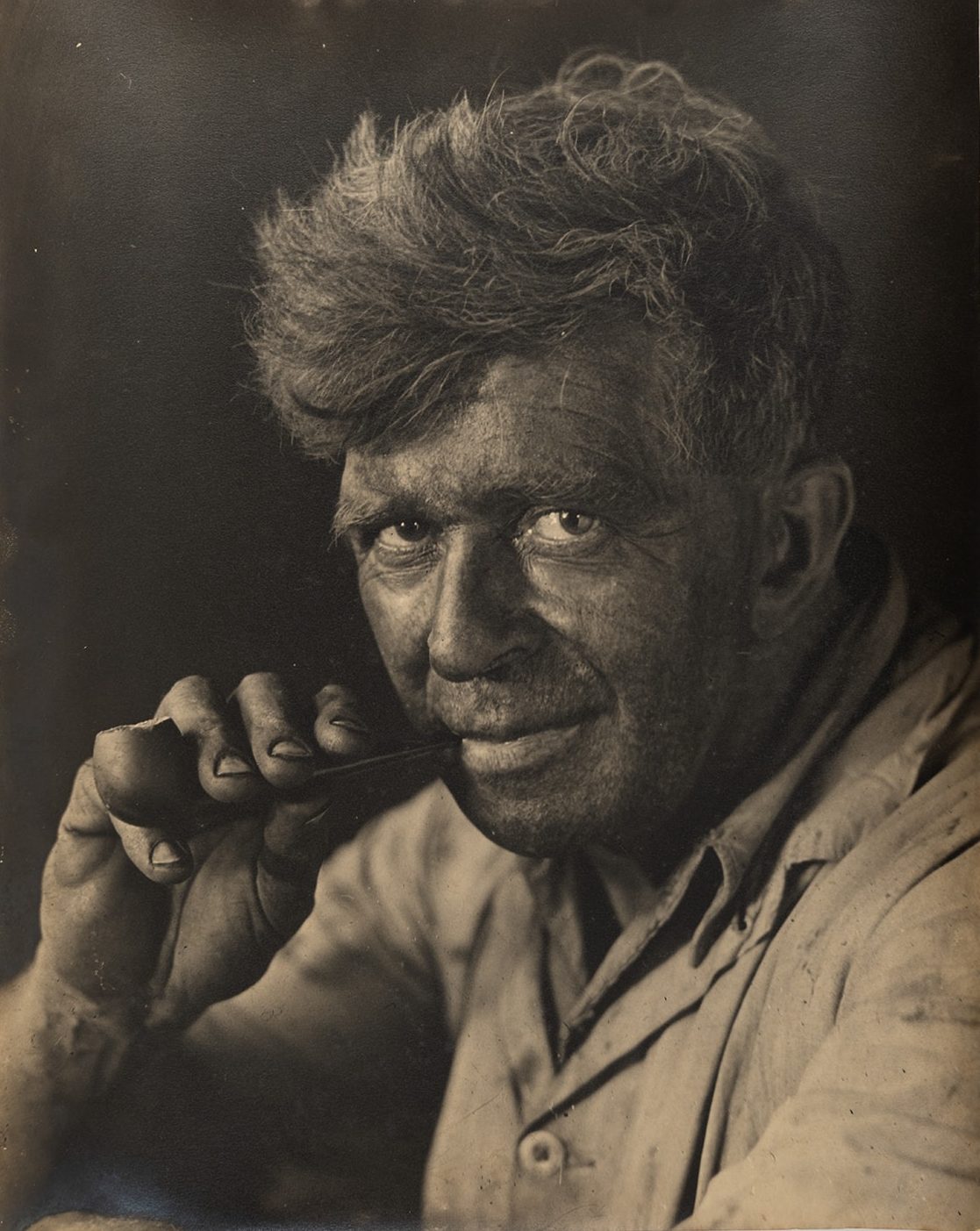
An obituary printed in the Photographic Journal in 1950 describes House’s technique:
‘The results achieved are, perhaps, remarkable in view of entire lack of knowledge of photographic optics, chemistry, and many of the points considered necessary in photographic education. He claimed that he knew nothing of the rules of depth of focus, for instance, and his solutions were obtained by dissolving one or more tablets in the prescribed amount of tap water. He invariably worked with a camera which would be considered quite unsuitable for the work required, he cheerfully combined day and artificial lights, and, having his set enlarger, he tried to produce prints of varying subjects without any readjustment.’
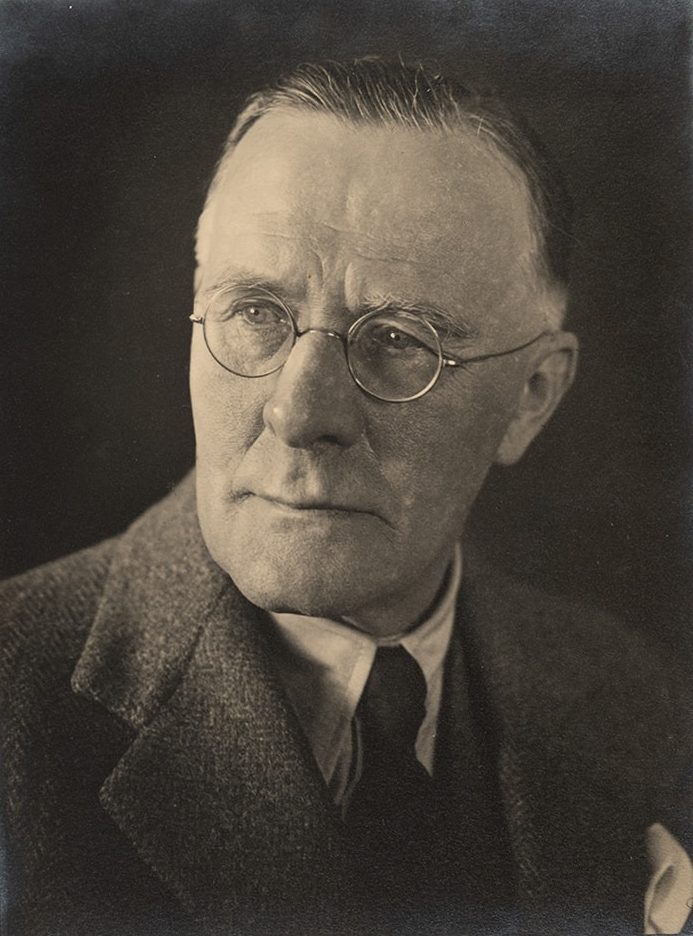
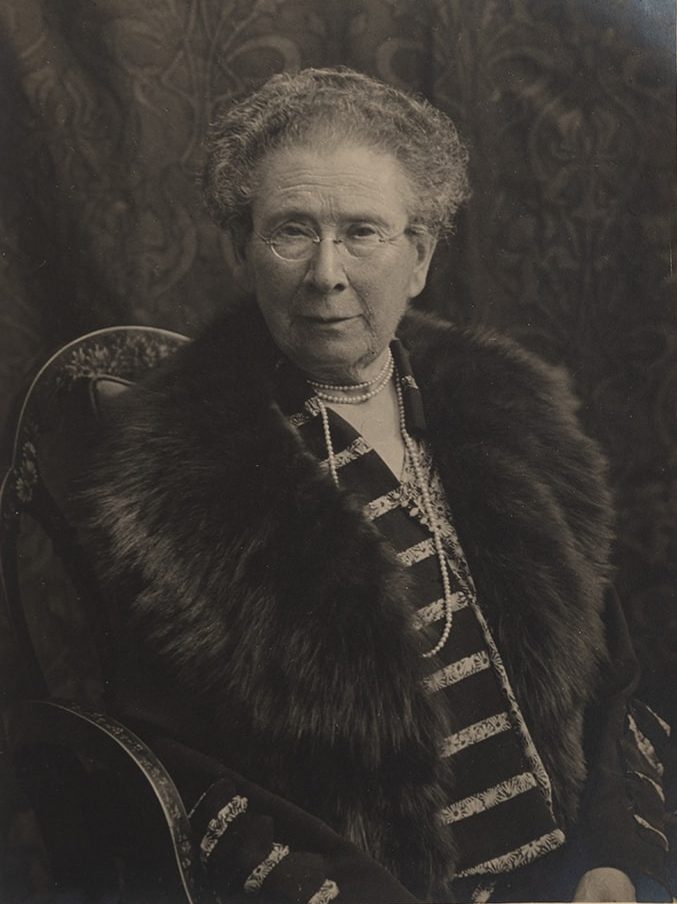
You can see many more of these portraits on display in the museum until 22 February, as part of a special exhibition. Jim House, the donor of the collection, gave short a speech about his grandfather at the opening event on Tuesday 4 February.
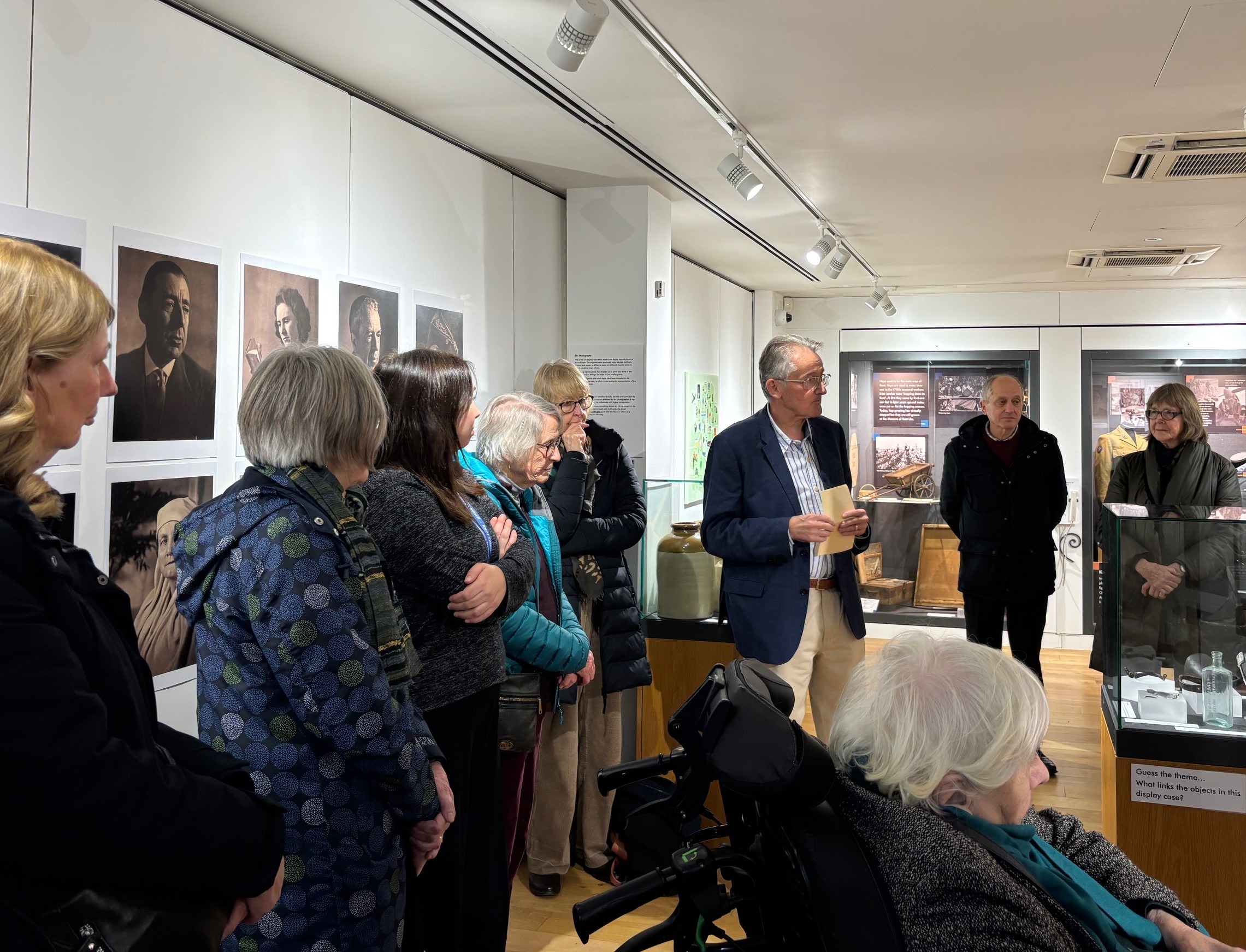
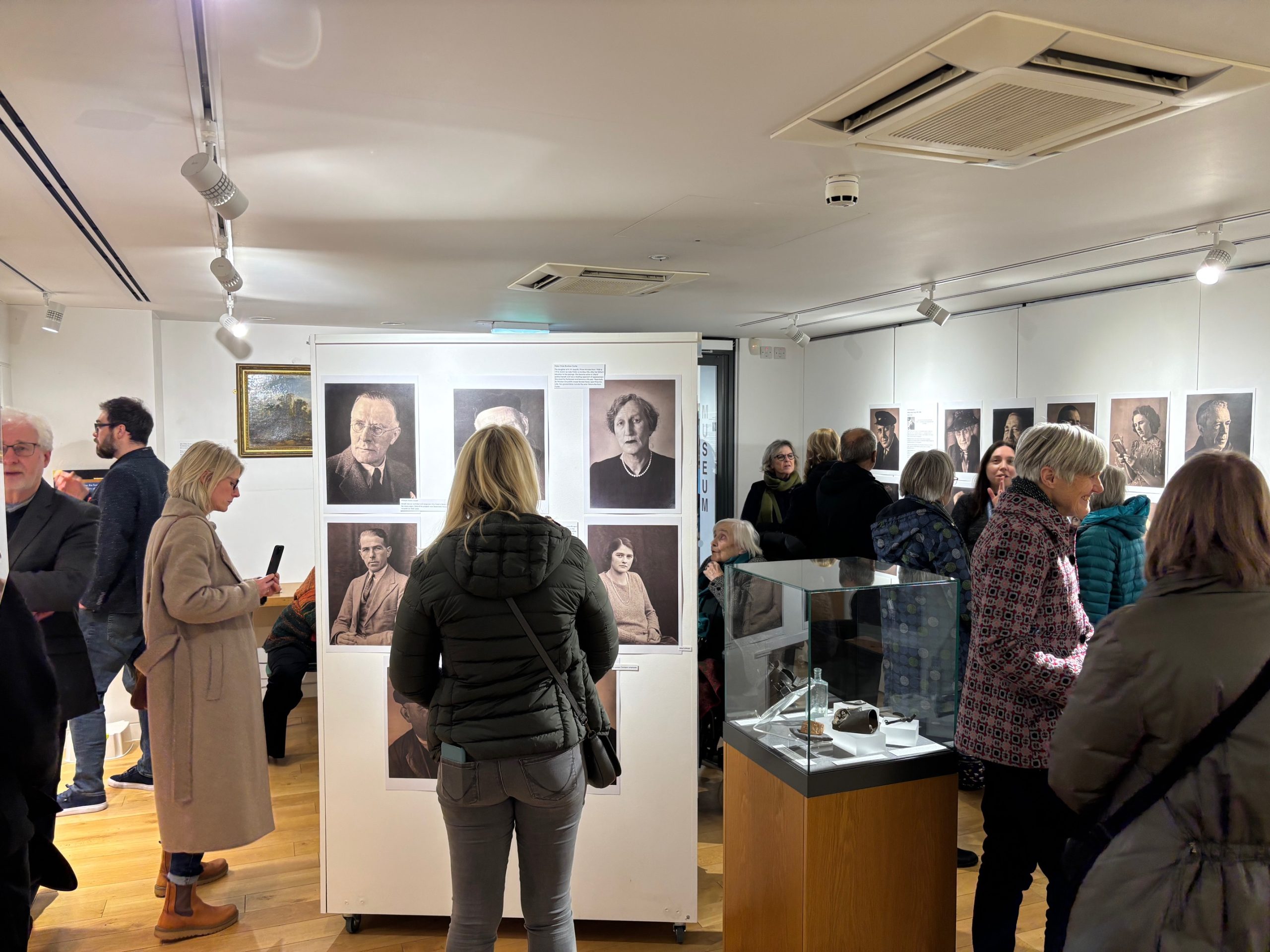
If you have missed the temporary exhibition, you can still visit to see a smaller selection of the photographs on long term display.
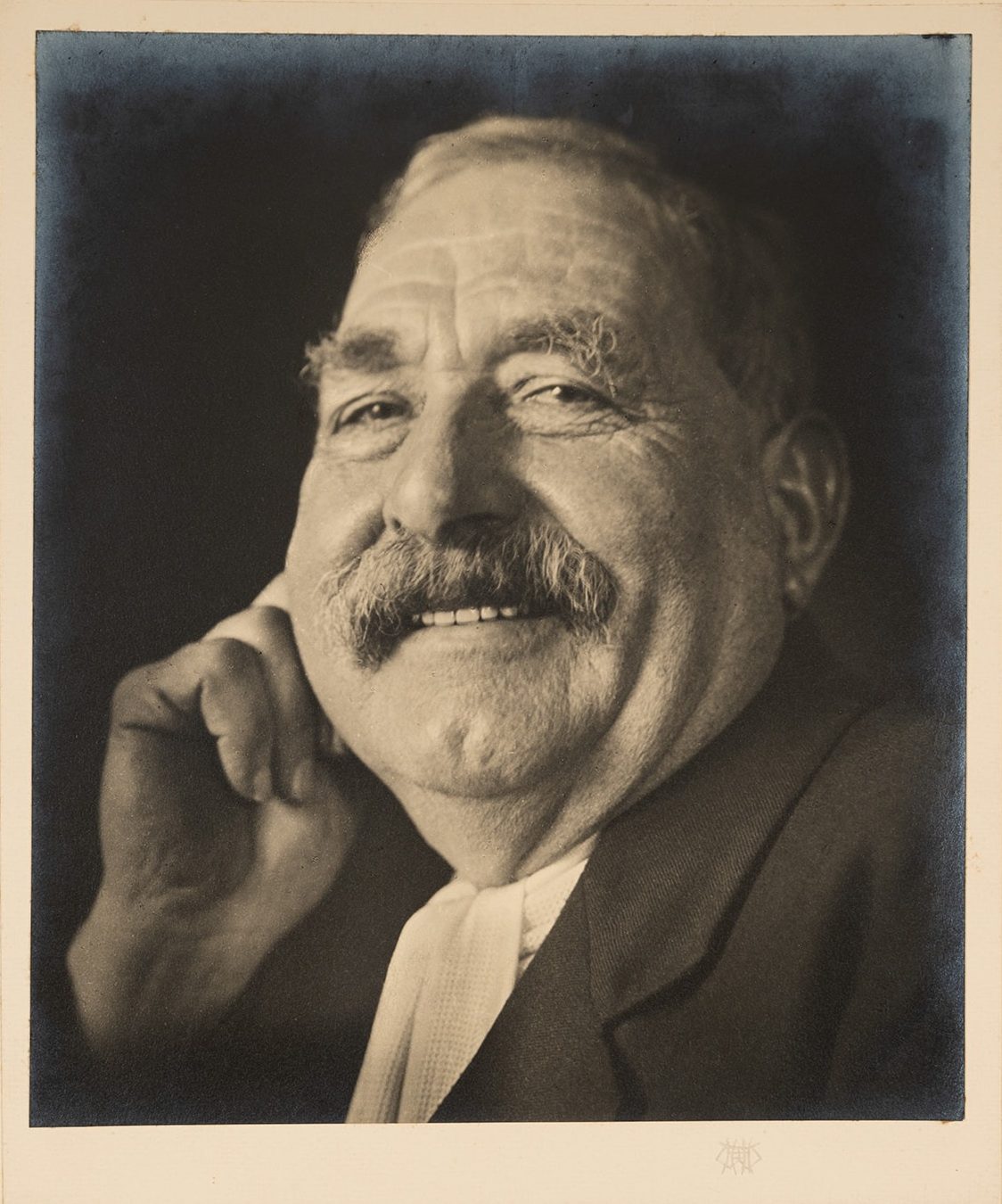
If you think you might know something about any of the people in the photographs, please get in touch by email
All images copyright Kent County Council Sevenoaks Museum.
Written by Liz Botterill, Curator
